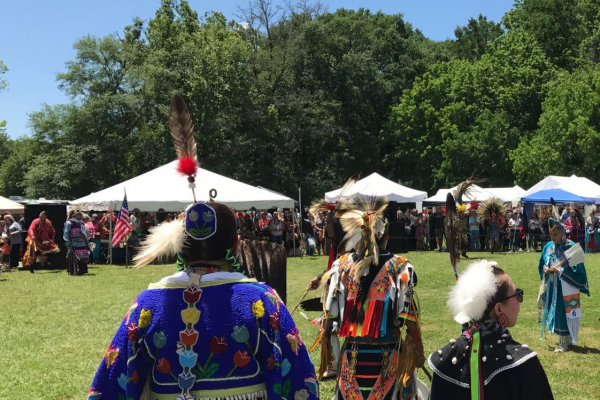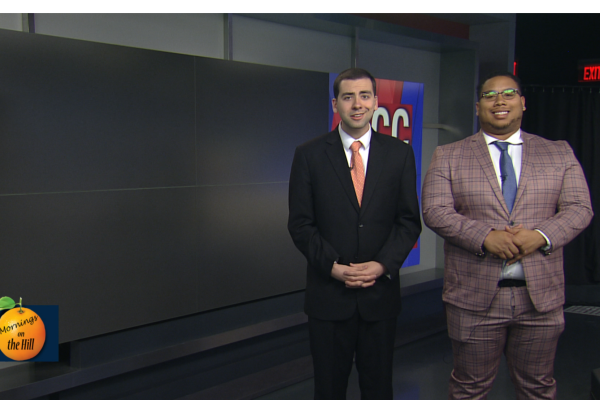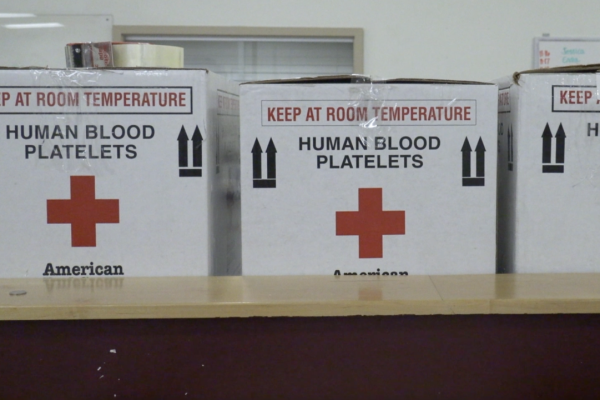
By Scarlett Lisjak. Syracuse, N.Y. (NCC)- The Onondaga Nation suffered much loss, historically. The alleged violations of the Canandaigua Treaty signed by George Washington in 1797 and US Government boarding schools affected the Onondaga people. As a consequence, Onondaga culture, religion, and identity were repressed.
These historical events may be a contributing factor to the mental health issues on the Onondaga Territory, primarily, because these events took place only generations ago, and some of the remaining Onondaga elders lived through these events.
The Onondaga Tribal Nation has limited resources for mental health. Indian Health Services (IHS), a federal health program for federally-recognized Native Americans, offers limited care, and many residences of Onondaga Nation have insurance not accepted outside of the Tribal Nation’s boundaries.
Along with limited resources available within the tribal community, Helen Johnson, a Native American focused clinical social worker, says due to the economic and cultural restraints on local indigenous people, they are further limited to receive care outside their community.
Due to “the strong culture of loyalty, family, togetherness,” and the belief that “we can work it out within our group,” the people of Onondaga Nation “under-report” mental illnesses, and do not “reach out for those services” that may help, Johnson explains.
Further, a current issue Onondaga Nation faces is the failure for the people with acute mental illnesses, in need of mental health services, to not only receive the treatment they need but the education about mental health.
“They don’t meet the criteria for inpatient psychiatric hospitalization that would allow them to get stabilized on medication,” says Johnson. She goes on to state that this failure to receive treatment is the reason Native people “slip through the cracks,” or never receive the help they need.
Johnson declares there is a need for tribal cooperation on this issue: “If we can form an alliance with… the leaders of the nation, and to let them know we are coming to share the services, and to let them know we are here to help…”
Johnson believes education, funding, and further advocacy to bring awareness can make a big impact on Native American mental health.




